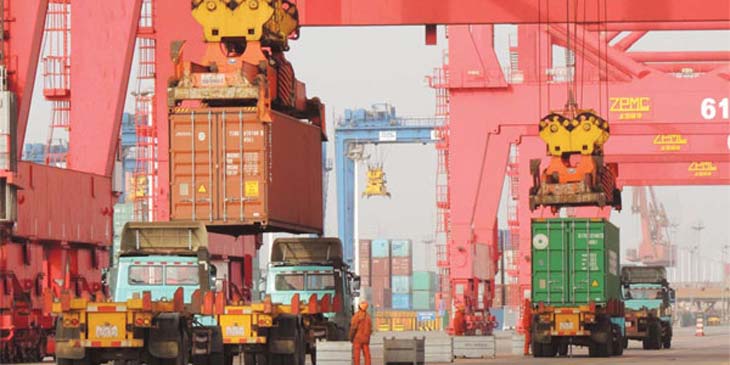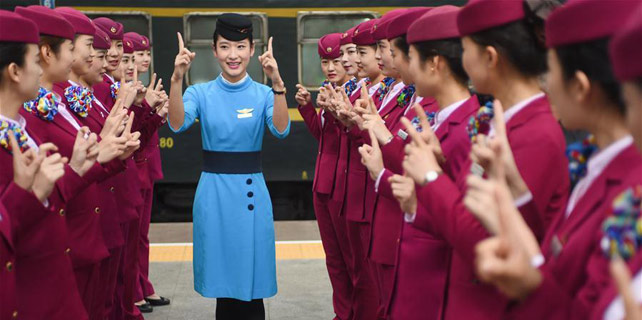No need to over-interpret Tsai-Trump phone call
Friday's phone call between Taiwan leader Tsai Ing-wen and US President-elect Donald Trump, which broke the nearly four decades of US diplomatic practice, came as a striking move but it does not bear the same importance as it seems to be.
For Trump, it exposed nothing but his and his transition team's inexperience in dealing with foreign affairs. If he could make the unusual action due to lack of proper understanding of Sino-US relations and cross-Straits ties he will have to recognize the significance of prudently and appropriately addressing these sensitive issues after being inaugurated.
As US president, Trump undoubtedly shoulders responsibility to safeguard the interests of his country, which includes a healthy relationship with China. To do that, he cannot afford to damage the one-China policy, which has been maintained every US administration since 1979 to serve as the political foundation for bilateral ties.
As one of his Tweet posts shows, Trump knows the fact that "I should not accept a congratulatory call" although the US sells Taiwan billions of dollars of military equipment. Whether in his position as a businessman or US president, Trump should also know that amount of money doesn't mean he can sacrifice US ties with China, the US' largest trade partner with a bilateral trade volume of $558 billion in 2015, as well as the biggest holder of US treasury bonds of more than $3 trillion.
For Tsai, the phone call, a "petty gambit" as Chinese Foreign Minister Wang Yi called it, will bring nothing substantial but illusionary pride. If she managed to divert public outcry from her bad performance, she will not succeed. Tsai has to face the cold reality of a sagging approval rate and economic woes on the island after the media craze over the incident vanishes.
It would be a mistake if Tsai and her administration over-interpret the meaning of the phone call and believe it can induce a change in the US long-standing one-China policy. Actually, after the news of the phone call broke out, Ned Price, the White House National Security Council spokesman, assured on Friday evening that Washington remains firmly committed to the one China policy, which has been in place despite ups and downs in Sino-US ties. Given the strongest economic and people-to-people exchanges between the two countries at present, there is no reason for the Trump administration to break away from it.
Tsai should know the US' fundamental interest lies in peaceful and stable cross-Straits ties rather than the pro-independence push of her Democratic Progressive Party. If she continues to stir tensions in cross-Straits relations, any attempt to win US support will be doomed, as demonstrated by her DPP predecessor Chen Shui-bian between 2000 and 2008, no matter how many tricks she may try.






















